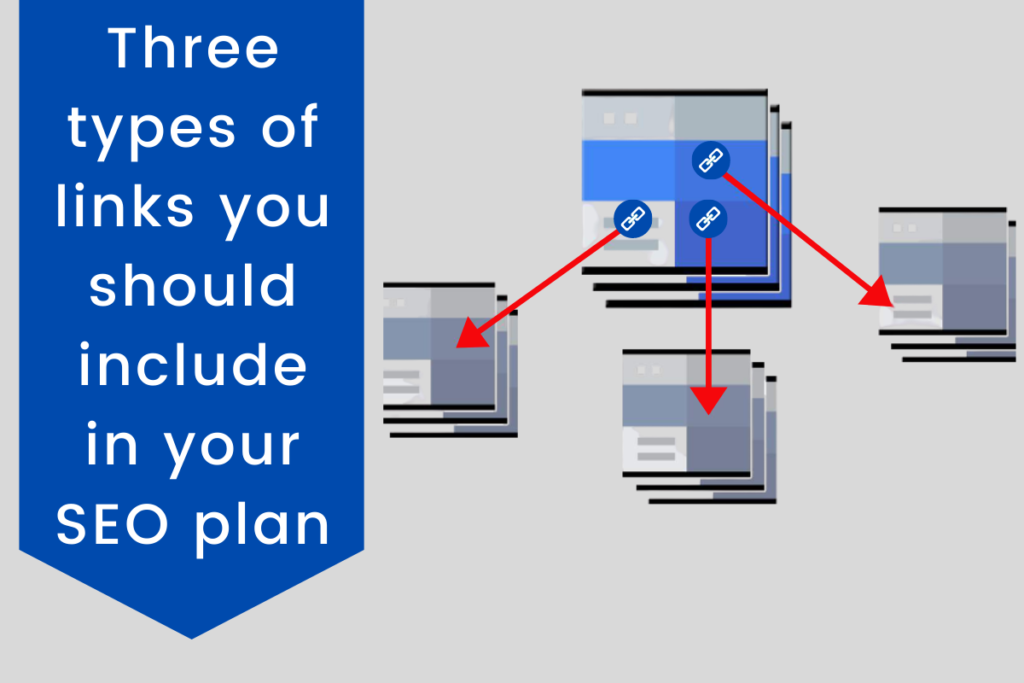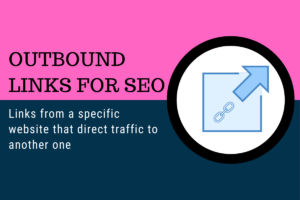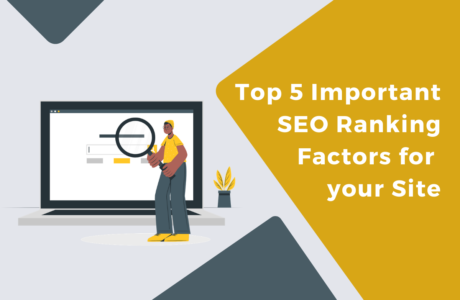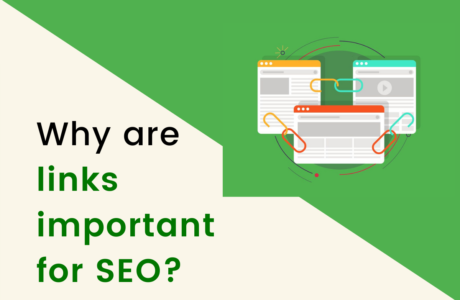If you are creating a full-fledged content marketing plan, you must include various links for SEO in your content. As a digital marketing expert, you must already have considered adding links to your content. If not, this article will help you know the importance of links for SEO along with the different types of links one should use.
Your content is incomplete without links if you want search engines to find it out. If your web content and articles do not include any links in it, then you are missing out on the most important source of generating traffic and ranking.
The solution to put your content to value is simple. Add links!
But before that, you should know everything about links, their types and the benefits.
Let’s dig in!
There are 3 Types of Important Links for SEO
Internal Links for SEO:
Links going from one page to another page in the same domain or a site. These links are basically useful in creating a hierarchy and navigation. These links can redirect the users to your home page, other posts, website menu and everywhere within your site. The links pointing to other useful content on your site are called contextual links. Having such links for SEO helps search engines in identifying valuable content on your site. The more links you have on your site, the more valuable it gets for your site and overall content.
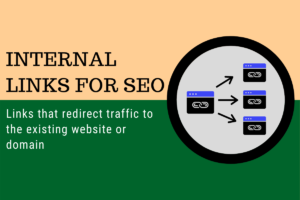
Let us take a look at some of the ways of adding internal links to your content.
Internal links are useful in determining various factors like the relevance of pages, the relationship between pages and the value of your content.
Understand the importance of links for SEO with this article
Determine site structure:
While you set up your internal link strategy, you are doing much more than just inserting links for your website. Your site structure can be ones like a pyramid with the homepage on the top and the rest of the subsections going below. Having a flawless site structure can be helpful in several ways including generating traffic for your content with relevant links.
Define the hierarchy of pages:
Linking hierarchical pages on the website like parent pages and then the child pages are always useful. A well-organized site that displays parent and child linking works great for SEO and search engines.
Identify vital content with links for SEO:
Once you have decided the hierarchy of content on your site, it is time to determine the most important content for your website. Focus on the content that you wish to display more to the users. This can be treated as the core content of your business which you should be linking throughout your website and content internally.
Get web & mobile-friendly sites for your versatile content with Readwhere CMS.
Inbound Links for SEO:
Inbound links are links that come from other websites or a different domain. These links are also called back-links as they refer back to your site.
An inbound link has 2 parts:
- The link to your page
- The anchor text to which it is attached
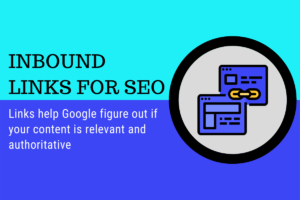
Let us take a look at some of the benefits for Inbound links for SEO.
Higher Ranking in Search Engine Results:
Back-links are one of the strongest factors to get ranked by Google. Adding a number of high-quality back-links can help your content and website rank better than your competitors. Always ensure that your back-links point to legit pages is trustworthy and credible.
Increases Traffic:
A considerable number of back-links or inbound links will help you with better rankings. As you rank higher on Google, several potential customers or relevant audience can find your site and content easily. This ultimately increases the traffic of your site.
Creates Brand Awareness:
As the search engines and several visitors identify your site along with several trustworthy and credible links, it ultimately creates brand awareness. Having inbound links is not just a one time profit but goes on a long run for your business and brand identity.
Outbound Links for SEO:
External or Outbound links are the links on your website that are used to link out to websites of different domains. Outbound links are essential for organic traffic, building trust for the users and other businesses.
Here are some benefits of using outbound links:
Improves SEO:
Trust-worthy and high-quality external sources and links play a vital role in improving search engine optimization. It develops a sense of authority and authenticity in the overall SEO health of the page.
Builds trust and relationships:
For everything that you say or display, it is always good to have evidence. With your outbound links, if you point to important sources with various stats and figures, it helps your customers in developing trust with whatever you are presenting. It displays your end-to-end research, interest and credibility. Your practice of including useful outbound links can also promote various links mentioned in your post.
When can you include outbound links for SEO and more?
- Reference for validation of data
- Proof for certain statistics
- Assertion or back up of facts
- Giving credits to certain articles that helped you in writing the current topic you are presenting
- More information and related article sources
Inserting the right links at the right place can bring a huge amount of traffic to your site. Hence, take your time while writing a piece of content, study what your competitors are doing. With this study, you can come up with the finest set of keywords and useful links to be placed on your articles. Get going with that and don’t forget to let us know how inserting links for SEO helping you.

